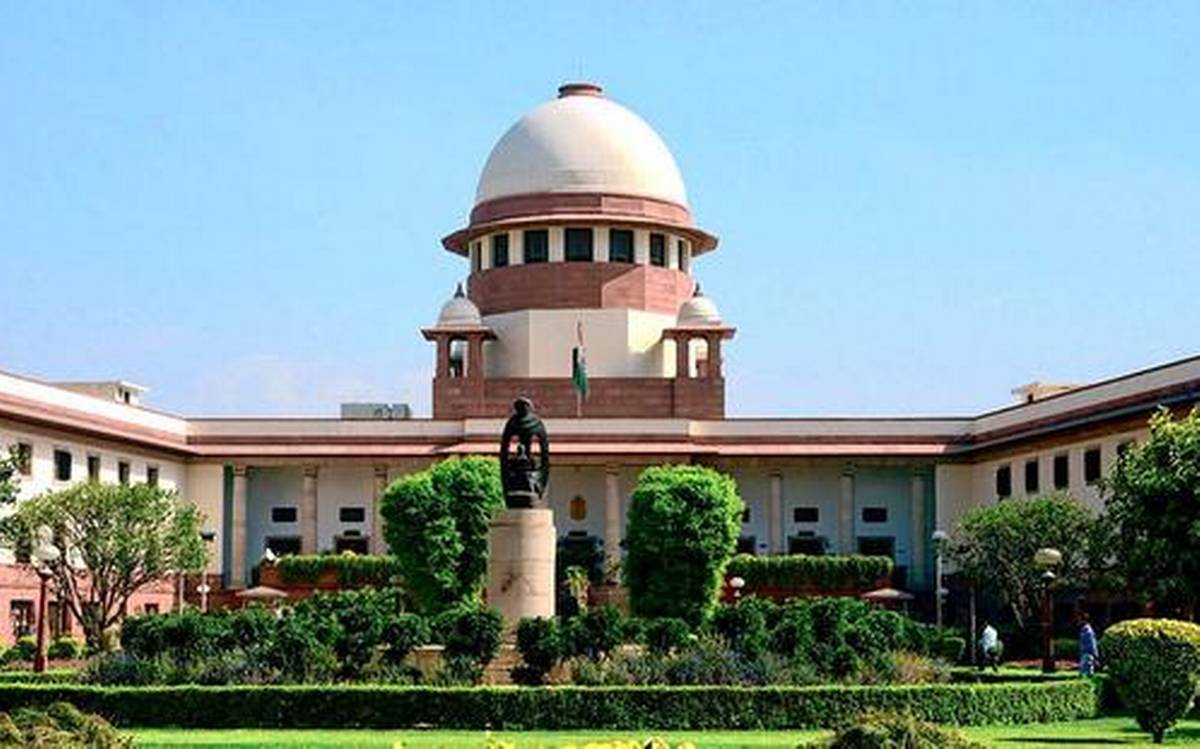Synopsis: According to the petition, in the District Consumer Disputes Redressal Forums across Punjab, more than 16 President’s posts and 25 members are vacant.
A petition for direction for the appointment of the President, members and staff of the District and State Consumer Dispute Redressal Commissions across India has been filed in the Supreme Court.
Saloni Gautam’s plea filed by advocates Om Prakash Parihar and Dushyant Tiwari alleges that the Consumer Protection Act, 2019 came into force on July 20, 2020, bringing in changes to the District, State and National Commissions’ pecuniary jurisdictions.
The pecuniary limit for the District Commissions has been increased from up to Rs. 20 lakh to Rs.1 crore; it has been increased to Rs. 10 crores from Rs.1 crore for the State Commissions and the pecuniary jurisdiction for the National Commission has been increased to over and above Rs.10 crore as compared to Rs.1 crore as per the Act of 1986.
The plea states that no arrangements have been made by the governments of the various States to fill the positions of Presidents and members of the Consumer Commissions. It has been claimed that this would lead to a delay in passing the final order/judgment by these Commissions.
In August of this year, the petitioner filed applications for information from the Central Government and the States of Haryana, Delhi, Uttar Pradesh, Punjab, and the Union Territory of Chandigarh regarding vacancies in consumer redress commissions with respect to the Right to Information (RTI).
By September, the Delhi government informed that only one post was vacant. However, in November, the status of the Delhi State Disputes Redressal Commission showed that there were two vacancies.
The petitioner further stated that in the District Consumer Disputes Redressal Forums across Punjab, more than “16 President’s posts and 25 members are vacant and some of the posts are believed to have been vacant for the past two years.”
The plea goes on to state that different consumer commissions do not even have adequate infrastructure to run the Consumer Commission efficiently, which eventually leads to a delay in providing consumers with justice.
In this regard, the plea also demands for guidelines to be provided to consumer commissions to provide adequate infrastructure.

